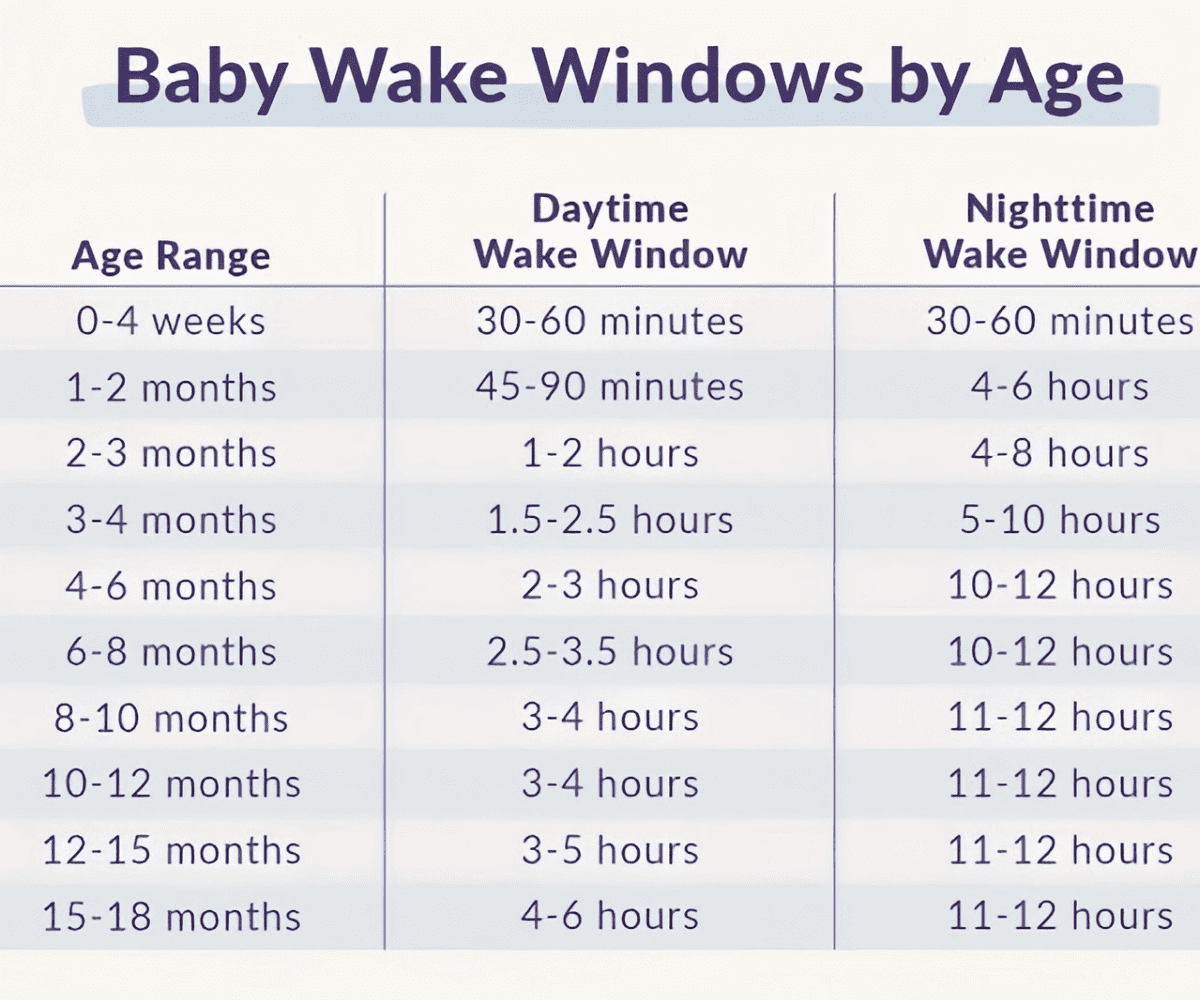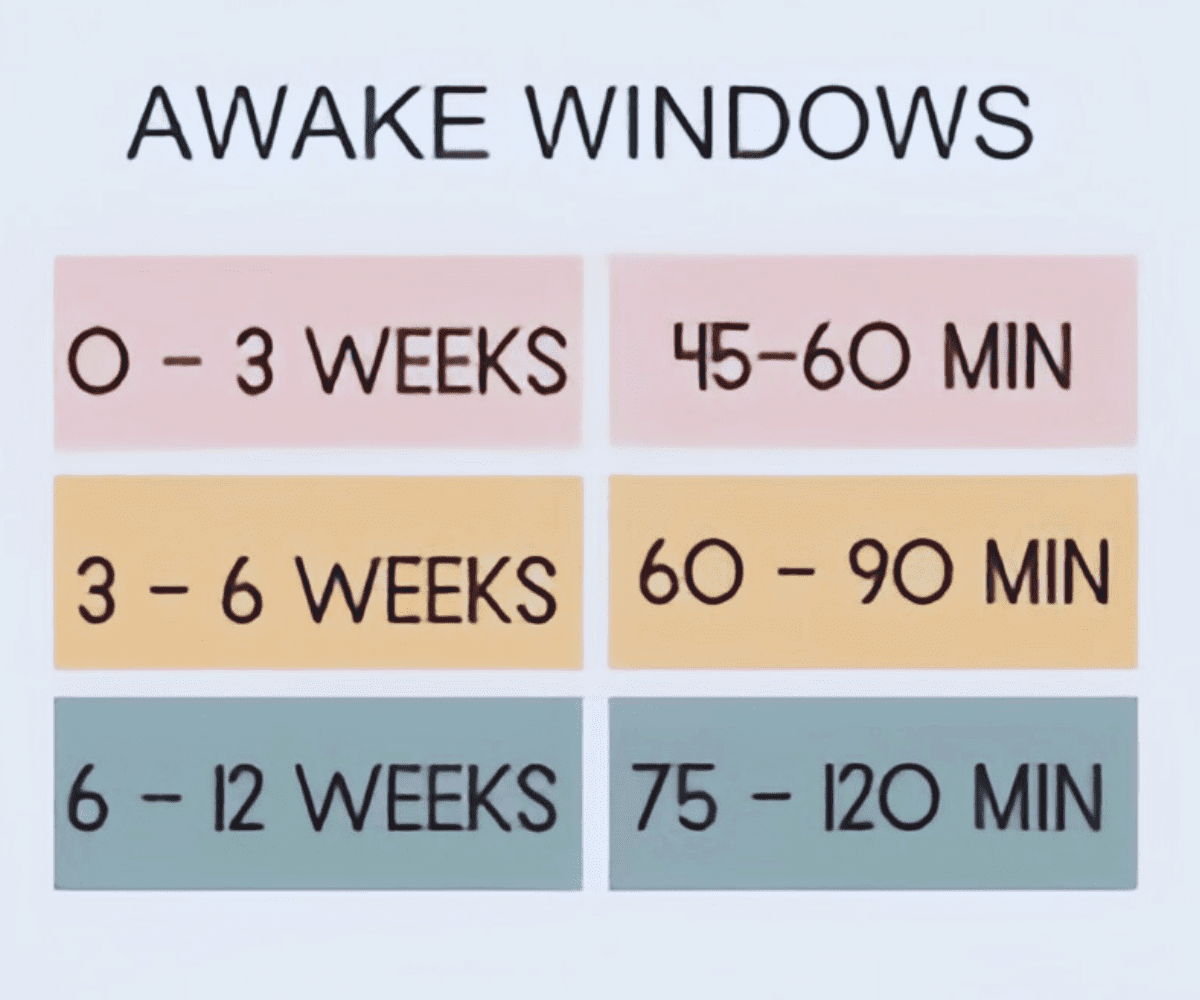Newborn Leaps: Understanding Your Baby’s Growth Spurts
As a new parent, witnessing your newborn’s growth and development can be an exciting and amazing journey. One aspect of this journey that often catches parents by surprise is the phenomenon of newborn leaps or growth spurts. In this helpful guide, we’ll talk about how babies grow quickly in different ways, like how they move, think, and feel.
It can be exciting but also tricky. We’ll explain what these growth spurts are, when they usually happen, and how to handle them well. Plus, we’ll give you useful advice to help you and your baby through these important times.

What are Newborn Leaps?
When babies are born, they go through times when they grow a lot and learn a ton. These times are called “newborn leaps,” or sometimes “growth spurts” or “wonder weeks.” It happens during the first year of your baby’s life. During these leaps, your baby might start acting differently, sleeping differently, eating differently, and just seem different overall.
These leaps are not random occurrences but rather predictable phases that follow a specific pattern. They are believed to be essential for your baby’s overall development, as they facilitate the acquisition of new skills and abilities.
When Do Newborn Leaps Occur?
While every baby is unique and may experience leaps at slightly different times, there are generally accepted timeframes when these growth spurts are most likely to occur. Here are the typical ages for newborn leaps:
- Leap 1: Around 5 weeks
- Leap 2: Around 8 weeks
- Leap 3: Around 12 weeks
- Leap 4: Around 16 weeks
- Leap 5: Around 19 weeks
- Leap 6: Around 26 weeks
- Leap 7: Around 37 weeks
- Leap 8: Around 46 weeks
- Leap 9: Around 55 weeks
- Leap 10: Around 64 weeks
It’s important to note that these ages are approximate and can vary for each child. Some babies may experience leaps earlier or later than these timeframes.
Signs of a Newborn Leap
Being attuned to the signs of a newborn leap can help you better understand and support your baby during these transitional periods. Here are some common indicators that your little one may be experiencing a growth spurt:
- Changes in Sleep Patterns: Your baby may sleep more or less than usual, wake up frequently, or have difficulty falling asleep.
- Increased Fussiness and Clinginess: Babies often become more irritable, clingy, and demanding during leaps as they struggle to adjust to their new developmental stage.
- Feeding Changes: Your little one may want to nurse or feed more frequently, or their appetite may decrease temporarily.
- Developmental Milestone Achievements: You may notice your baby reaching new milestones, such as rolling over, sitting up, crawling, or even taking their first steps.
- Increased Cognitive Development: Your baby may become more alert, curious, and engaged with their surroundings, exhibiting signs of enhanced learning and problem-solving abilities.
Navigating Newborn Leaps: Tips for Parents
While newborn leaps can be challenging, there are strategies you can implement to help make the transition smoother for both you and your baby. Here are some helpful tips:
- Be Patient and Flexible: Understand that your baby is going through a significant developmental phase and may require extra care, attention, and patience during this time.
- Prioritize Comfort and Closeness: Offer plenty of cuddles, skin-to-skin contact, and soothing activities to help your baby feel secure and loved.
- Adjust Routines: Be prepared to modify your baby’s sleep, feeding, and activity routines as needed to accommodate their changing needs during a leap.
- Provide Stimulation and Encouragement: Engage your baby with age-appropriate toys, activities, and interactions that support their newfound skills and abilities.
- Practice Self-Care: Don’t forget to take care of yourself, too. Enlist the help of a partner, family member, or friend to give you breaks when needed.
- Seek Support: If you’re feeling overwhelmed or have concerns about your baby’s development, don’t hesitate to reach out to your pediatrician or other healthcare professionals for guidance.

Conclusion
Newborn leaps are a natural and essential part of your baby’s growth and development. While they can be challenging at times, understanding and being prepared for these phases can help you navigate them more smoothly.
Remember, every baby is unique, and their experiences with leaps may vary. Trust your instincts as a parent, and don’t hesitate to seek support when needed. With patience, flexibility, and a nurturing approach, you can help your little one thrive through each developmental milestone.
FAQs (Frequently Asked Questions)
-
How long do newborn leaps typically last?
Newborn leaps can last anywhere from a few days to a couple of weeks. The duration can vary depending on the individual baby and the specific leap they are experiencing.
-
Can newborn leaps affect my baby’s appetite?
Yes, it’s common for babies to experience changes in their appetite during a newborn leap. Some babies may want to eat more frequently, while others may temporarily lose interest in feeding. These fluctuations are normal and usually resolve once the leap has passed.
-
Should I adjust my baby’s sleep routine during a newborn leap?
It’s generally recommended to be flexible with your baby’s sleep routine during a leap. Your little one may need more frequent naps, have trouble settling down, or wake up more often. Adjust your routine as needed to accommodate their changing sleep patterns, and prioritize comfort and soothing techniques.
-
Is it normal for my baby to regress in their development during a newborn leap?
It’s not uncommon for babies to temporarily regress in certain areas during a leap. For example, a baby who was previously sleeping through the night may start waking up more frequently. This regression is temporary and typically resolves once the leap has passed and your baby has adjusted to their new developmental stage.
-
How can I support my baby’s cognitive development during a newborn leap?
Play with your baby using toys, books, and games that are right for their age. Show them what you do each day, sing to them, and let them join in games with you. These interactions can help support your baby’s cognitive growth during a leap.
Remember, every baby’s journey is unique, and it’s essential to trust your instincts as a parent. If you have any concerns or questions about your baby’s development, don’t hesitate to consult with your pediatrician or other healthcare professionals.
For more, Click here
